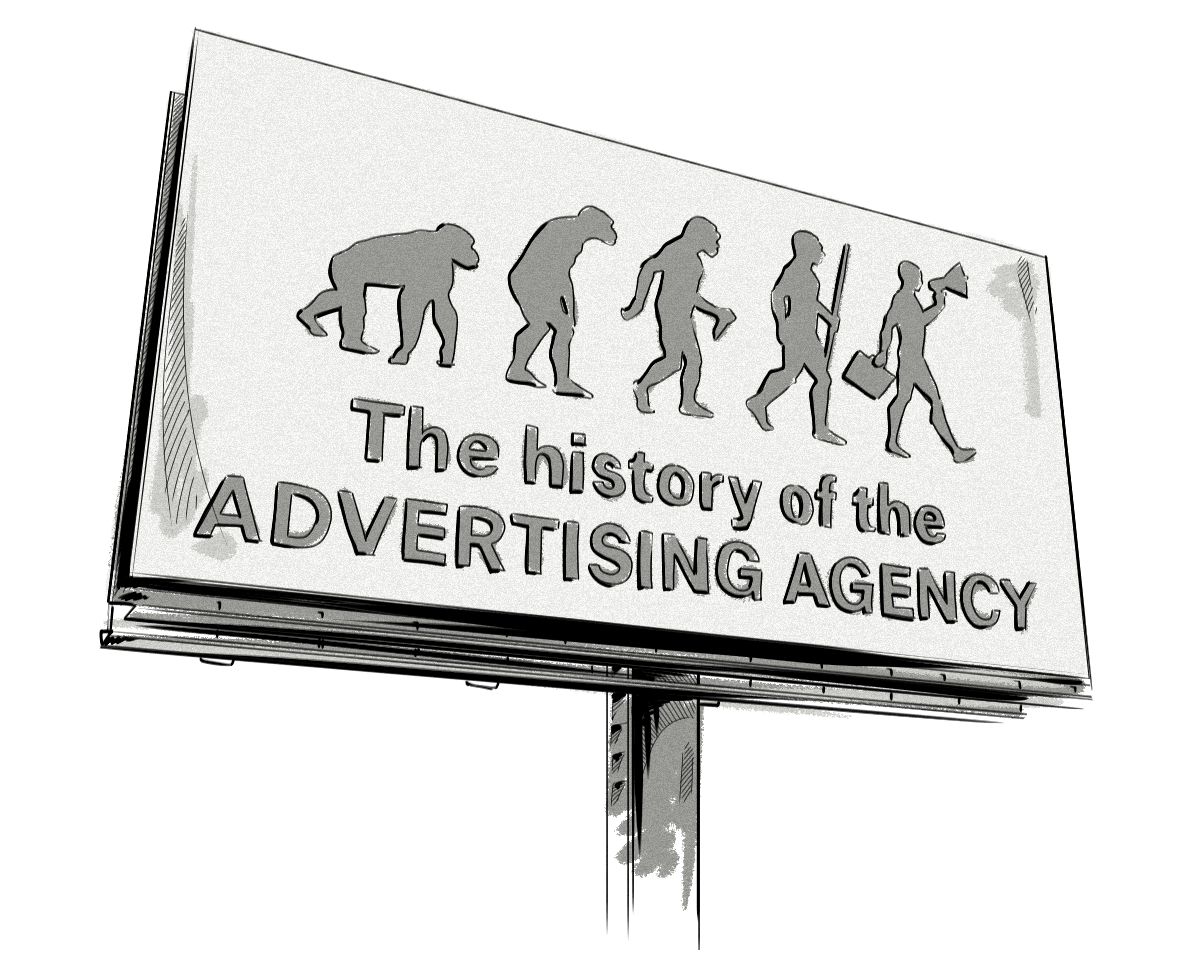Advertising has changed a lot over the past couple decades due to the switch from traditional print to the Internet, which has introduced new technologies to more efficiently and accurately deliver advertisements to customers.
While advertising agencies have always been a key element to advertising campaigns, their role has been threatened by the emergence and growing popularity of advertising technology, also known as AdTech. However, by tapping into the potential of AdTech and enormous amounts of data, agencies can hold their ground and remain an indispensable partner for each brand—something they’ve been doing for over 230 years.
In this post, we’ll take a look at the history of the advertising agency, how its role has changed since the introduction of the Internet, the challenges it has faced, and how agencies have overcome them.
What is an Advertising Agency?
An advertising agency, often referred to as a creative agency, is a company providing services associated with creating, planning, and managing advertising campaigns, but may also handle other forms of promotion and marketing for its clients. Advertising agencies are generally independent, external companies working for their clients, which can include businesses, international corporations, non-profit organizations, and other agencies.
Traditionally, brands hired ad agencies to produce television commercials and run print campaigns in magazines, newspapers, and on billboards.
Today, many agencies create, run, and manage online campaigns using an array of advertising and marketing technologies. These types of agencies are also known as interactive, media, or digital agencies.
We Can Help You Build an AdTech Platform
Our AdTech development teams can work with you to design, build, and maintain a custom-built AdTech platform for any programmatic advertising channel.
The History of Advertising Agencies
Originally, before the bona fide advertising agencies were born, ads were delivered to various media outlets through representatives who, in the early days of advertising, sold and re-sold advertising space with a markup. These were the humble beginnings of fully fledged advertising companies, i.e. agencies. With time, such individuals would take on more responsibilities: planning, writing, designing, and coordinating, plus an array of other services.
The first agencies date back as far as 1786 when William Taylor opened his office in London, today acknowledged as the first advertising agency in history. However, while the UK business is considered the precursor of advertising agencies in Europe, it was Volney B. Palmer who took the idea across the ocean.
Palmer opened the first agency on American soil in 1840. Adland: A Global History of Advertising cites Palmer describing the services he provided using the term “agent”: “the duly authorized agent of most of the best newspapers of all the cities and provincial towns in the United States and Canada, for which he is daily receiving advertisements and subscriptions.”
In this way, Palmer’s office, located at the northwest corner of Third and Chestnut Street in Philadelphia, became the prototype for today’s advertising agency. In 1842, he bought large amounts of space in various newspapers at a discounted rate, then resold the space at higher rates to advertisers. The actual ad, including the copy, layout, and artwork, was prepared by the client, which basically made Palmer an ad-space broker with little influence on the creative side.
Some agents, at the request of their clients, created directories with advertising rates of newspapers in New England. Many agencies made a profit buying newspaper space and reselling it with a markup. Many other advertising agencies soon followed the same business model until the 19th century when N.W. Ayer & Son was founded in New York. The agency, rather than simply selling space, provided a full range of services, including planning, creating, and executing complete campaigns for its customers. It made itself famous working for clients such as De Beers, AT&T, and the U.S. Army, creating a number of memorable slogans:
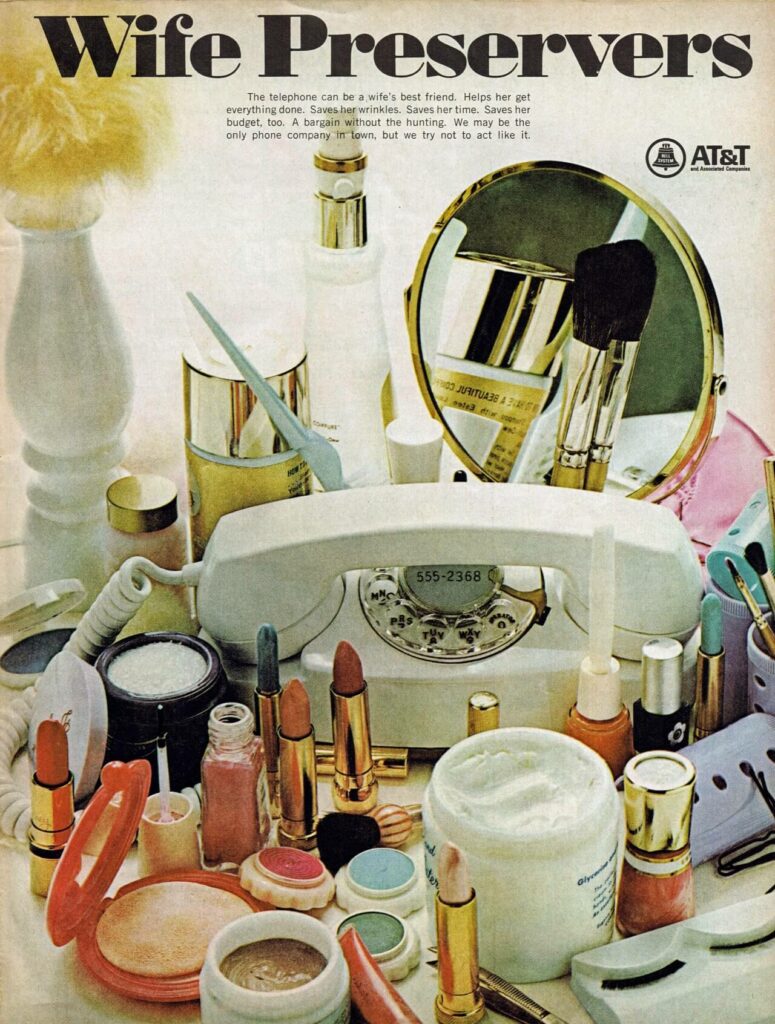
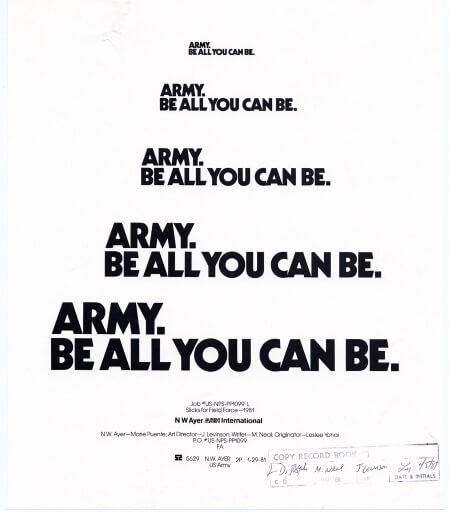
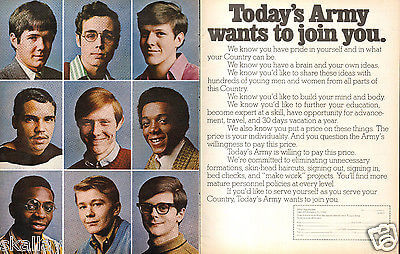
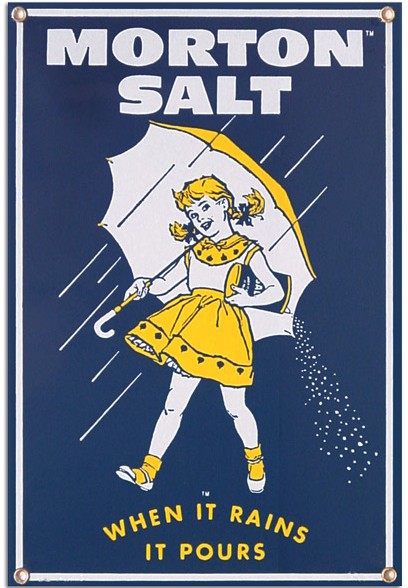

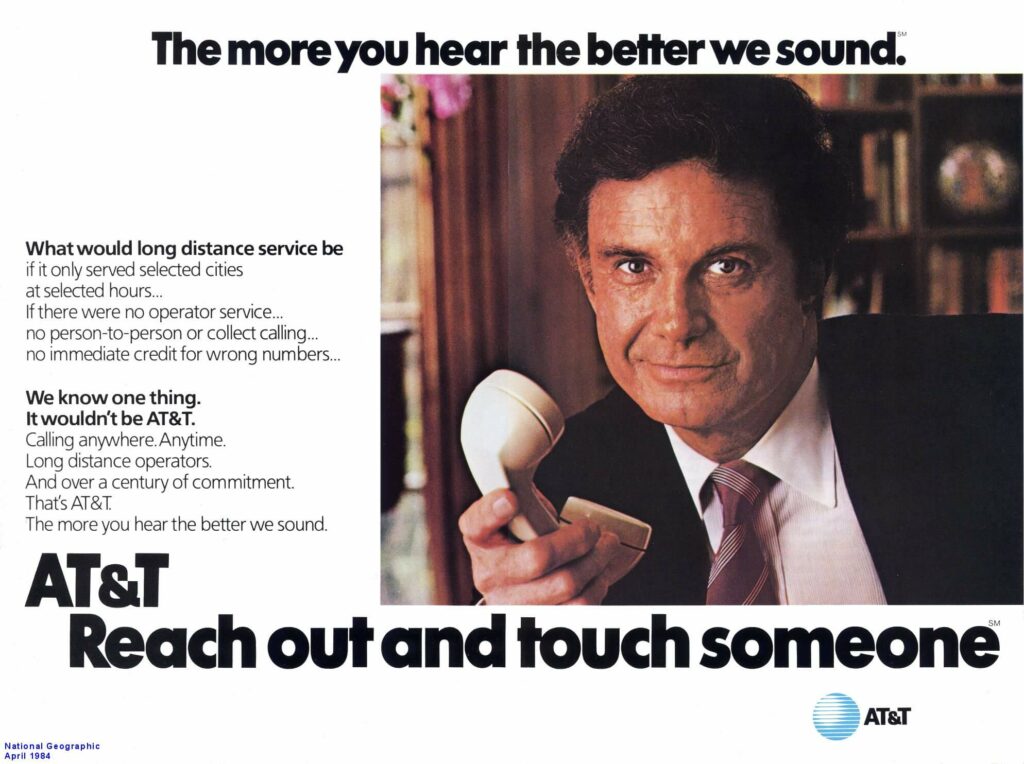

How Have Ad Agencies Changed Over Time?
While most people would assume that working in an ad agency is mostly about conceiving and producing ads and commercials, the creative process is actually only a small part of the work. In the early days, agencies were hardly creative at all. Even today, Ogilvy argues, rather than focusing only on the creative side of things, agencies do lots of market research; prepare detailed media plans; buy online ads, advertising space, and TV broadcast time; and do many other things people loosely classify as marketing. Over the decades, agencies have evolved to suit the changing needs of the clients. The advent of the Internet, however, completely redefined their role and posed new challenges.
Before the Internet
The first advertising agents acted, either directly on indirectly, on behalf of newspapers rather than for advertisers. As such, they were merely intermediaries selling space and charging hefty commissions. This arrangement was hardly creative.
From their beginnings in the 1800s, through the golden era of advertising in the 1950s, globalization, and the ultimate shift towards digital, ad agencies have certainly come a long way. They have gained new roles and diversified with the advent of new marketing options.
In the Mad Men era, the agency was the brand’s partner. It was responsible for developing strategy, conceiving campaign ideas, executing production and media, and managing the process for the brand. Over time, brands have been able to take advantage of many specialist agencies that can help them achieve their specific goals.
The introduction of the Internet
For a long time, agencies were the go-to businesses for all offline advertising efforts. However, the introduction of the Internet was a complete gamechanger for both brands and publishers. AdTech companies started disrupting and threatening the way ad agencies operated and by offering completely new opportunities, shifted the balance of power away from agencies.
The rise of the Internet and online advertising technologies have given agencies access to unparallelled amounts of data about consumers and their online behavior. The resulting diversification of marketing options has become the main challenge for brands, influencing what they expect from agencies today. Because digital marketing creates vast amounts of information, new tools are needed to make sense of and leverage the data.
While many brands still think of ad agencies in traditional terms, specialized agencies increasingly explore opportunities offered by social media, display ads, retargeting, and content personalization. Online tracking and data-collection techniques have elevated advertising to a completely new level, allowing for efficiency unattainable with offline methods, but advertising agencies do not have to be software-development experts to remain competitive.
Today, AdTech companies build complex technologies for brands and advertisers, letting them fully leverage recent advancements in AdTech like demand-side platforms (DSPs). This offers targeting and data-analytics possibilities unheard of in the world of traditional advertising, combining data from both past campaigns, and an advertisers’ first-party data, and from third-party data sources.
The Ad Agency Model Threatened by AdTech
As AdTech platforms, such as DSPs, allow brands to run online advertising campaigns with precise targeting and collect large amounts of user data, brands have seen higher return on investment and, perhaps most importantly, lower cost of campaigns than in the case of a traditional agency. The result? Brands today can increasingly afford to almost completely bypass the ad agency and head straight to AdTech companies instead.
To remain competitive, advertising agencies have to find ways to combine their experience, knowledge, and creative potential with online technology, thus enhancing their client offer.
Nowadays, operating custom, in-house AdTech solutions may be the only way for agencies to remain competitive against AdTech vendors. Data is the name of the game, and agencies must learn to leverage the customer data collected to help improve the effectiveness of their campaigns.
Also, owning the technology has become an important asset for the advertising agency—custom solutions allow data to stay in the ad agency and add value to their client offering, which makes choosing an AdTech vendor over an ad agency a less attractive option.
In spite of the advancements threatening their role, agencies can still remain competitive and hold their ground simply by sticking to the experience and creativity they have gained over the years. AdTech companies will never be able to provide brands with the same amount of advertising expertise as ad agencies. In spite of all their complex targeting algorithms in place, AdTech companies would still fall short in delivering the most powerful and relevant messages to end users.
Examples of Large, International Ad Agencies
Globalization of advertising and rapid growth of agencies started in the 20th century when American agencies began opening their overseas offices before the two World Wars.
McCann Erickson, established in New York City in 1902, opened its first European offices in 1927. South American and Australian offices followed in 1935 and 1959, respectively. Companies such as J. Walter Thompson adopted a strategy to expand in order to be able to provide their services right where their clients operated.
English agencies followed suit and also started to explore opportunities associated with globalization in the 1960s and 1970s. Overseas expansion offered access to new markets. Saatchi & Saatchi, perhaps one of the most iconic English agencies today, was founded in 1970 and rose to international prominence following relationships with clients such as British Airways and Toyota. This allowed them to build a network of offices worldwide.
The five largest agencies, with their estimated worldwide revenues in 2014:





Final Thoughts
Despite the challenges and hurdles ad agencies have faced, especially over the past few years with the rise of AdTech vendors, they have prevailed and proven themselves as a valuable and key component of the advertising process, and will likely remain so for years to come.
We Can Help You Build an AdTech Platform
Our AdTech development teams can work with you to design, build, and maintain a custom-built AdTech platform for any programmatic advertising channel.
